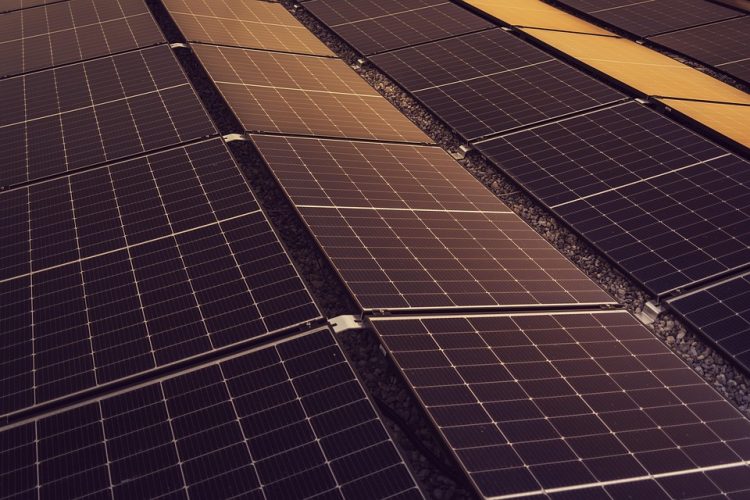Powering the Future: The Rise of Renewable Energy
As the world continues to grapple with the effects of climate change and the depletion of finite fossil fuel resources, the shift towards renewable energy sources has become increasingly imperative. Renewable energy offers a sustainable and environmentally friendly alternative to traditional forms of power generation, and its adoption is on the rise globally. In this article, we will explore the growing importance of renewable energy, its benefits, challenges, and the key role it plays in powering the future.
The Benefits of Renewable Energy
Renewable energy sources, such as solar, wind, hydro, and geothermal power, offer a myriad of benefits over traditional fossil fuels. One of the most significant advantages of renewable energy is its sustainability. Unlike fossil fuels, which are finite resources that will eventually run out, renewable energy sources are abundant and inexhaustible. This means that we can continue to harness renewable energy for generations to come without depleting our natural resources.
In addition to sustainability, renewable energy also offers environmental benefits. The burning of fossil fuels releases harmful greenhouse gases into the atmosphere, contributing to global warming and climate change. Renewable energy, on the other hand, produces little to no greenhouse gas emissions, making it a cleaner and greener alternative to traditional power generation methods.
Renewable energy also has economic benefits. The renewable energy industry has seen significant growth in recent years, creating jobs and stimulating economic development. As the demand for renewable energy continues to rise, so too does the need for skilled workers in the sector, providing employment opportunities and boosting local economies.
Challenges of Renewable Energy
While the benefits of renewable energy are clear, there are also challenges that must be addressed in order to fully realize its potential. One of the main challenges facing renewable energy is its intermittency. Unlike fossil fuels, which can be burned at any time to produce electricity, renewable energy sources are dependent on external factors such as sunlight, wind, and water flow. This means that energy production from renewable sources can fluctuate throughout the day and seasonally, requiring the development of energy storage solutions and smart grid technologies to ensure a reliable power supply.
Another challenge facing renewable energy is its upfront cost. While the long-term savings of renewable energy are significant, the initial investment required to install solar panels, wind turbines, or other renewable energy systems can be prohibitive for some individuals and businesses. However, as technology advances and economies of scale are achieved, the cost of renewable energy is steadily decreasing, making it more accessible to a wider range of consumers.
The Role of Renewable Energy in Powering the Future
Despite these challenges, renewable energy is playing an increasingly important role in powering the future. As the world looks to reduce its dependence on fossil fuels and transition towards a more sustainable energy system, renewable energy has emerged as a key solution. Governments, businesses, and individuals around the world are investing in renewable energy technologies and infrastructure to reduce emissions, combat climate change, and secure a reliable and affordable energy supply for the future.
One of the main drivers of the rise of renewable energy is the increasing awareness of the environmental and social impacts of fossil fuel use. The devastating effects of climate change, such as rising sea levels, extreme weather events, and loss of biodiversity, have prompted a global shift towards cleaner and more sustainable energy sources. Renewable energy offers a way to mitigate these impacts and build a more resilient and sustainable future for all.
Conclusion
In conclusion, the rise of renewable energy is a positive and necessary development in our efforts to combat climate change, reduce emissions, and secure a sustainable energy future. While there are challenges to overcome, the benefits of renewable energy far outweigh the costs, both environmentally and economically. By investing in renewable energy technologies and infrastructure, we can create a cleaner, greener, and more sustainable world for future generations.





